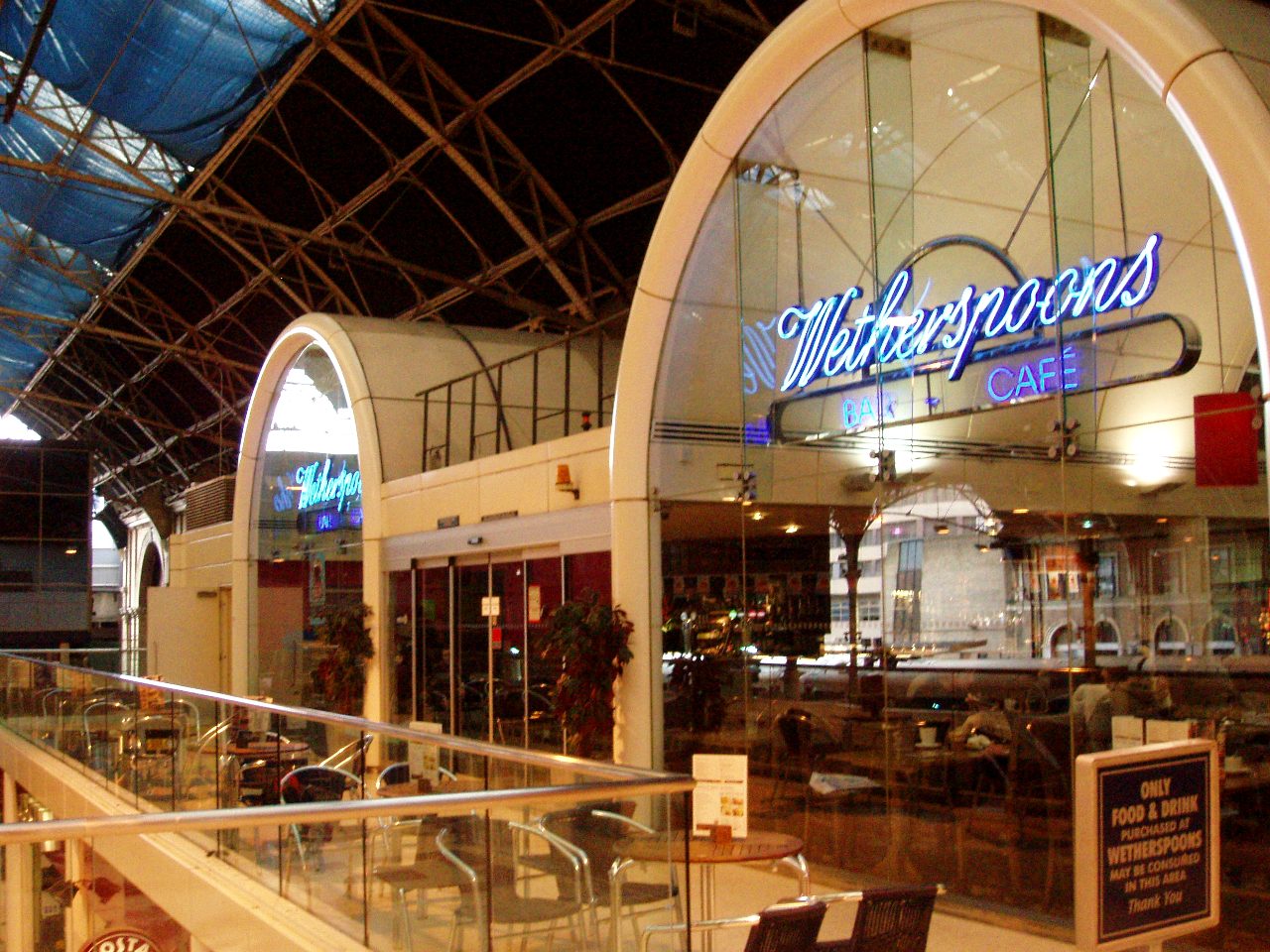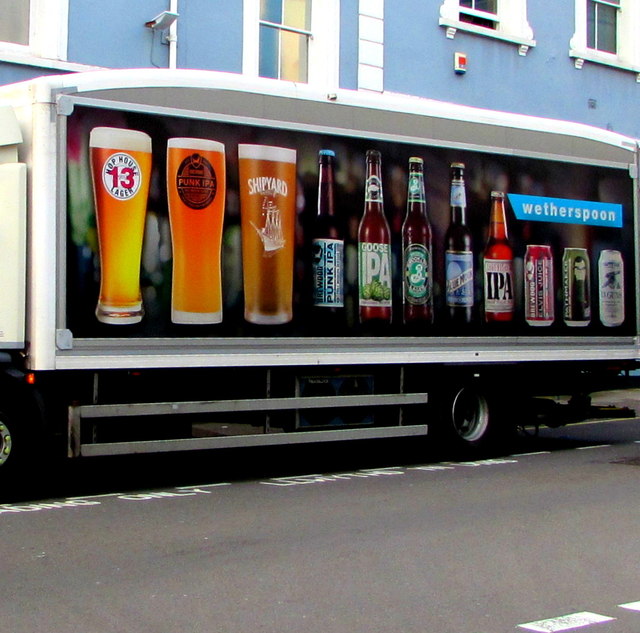J D Wetherspoon plc (LON:JDW), has announced its Q3 trading update for the 13-week period up to 30 April 2023.
Current Trading
Like-for-like sales increased by 9.1% in the 13 weeks to 30 April 2023, compared to the same period in the last full financial year before the pandemic, which ended on 28 July 2019 (FY19). Year-to-date (YTD) sales increased by 6.4% compared to the same year.
Sales in Easter week were the highest-ever for the company – and sales in the current financial year are likely to be a record.
Compared to FY22, like-for-like sales increased by 12.2% in the third quarter and by 12.7% YTD.
The last two weeks have included bank holiday weekends. The first weekend, a May bank holiday, was exceptionally strong, including our busiest-ever Saturday.
The second weekend, relating to the Coronation, was slightly less strong, with a noticeably quiet Saturday, possibly benefitting sales in the off-trade (mainly supermarkets) more than the on-trade (mainly pubs, clubs and restaurants).
Employment and Taxes
The company employed 42,839 people as at the end of the third quarter, an increase of 940 compared to the year-end FY19.
Wetherspoon, its customers and employees generated £764 million of taxes in FY19, approximately one pound in every thousand collected by the government in that year. For details, please see appendix 1 below.
Since sales in the current year are likely to be at record levels, taxes are also likely to be at a record high.
The employment and tax contribution of the hospitality industry to the UK economy is often underestimated, or ill-understood, by the political powers-that-be. In fact, the industry contributes far more in both areas than other, perhaps more glamorous, businesses.
Staff Retention
In order to encourage staff retention, especially important in the hospitality industry, the company has, for many years, offered free shares, subject to a qualifying period, and monthly financial bonuses, to all employees. Information in this area is provided in an extract from our interim results, in appendix 2 below.
Food Hygiene Ratings
As we also reported in our interim results, we now have 769 pubs rated on the Food Standards Agency’s website. The average score is 4.98, with 98% of the pubs achieving a top rating of five stars. We believe this to be the highest average rating for any substantial pub company. In the separate Scottish scheme, which records either a ‘pass’ or a ‘fail’, all of our 59 pubs have passed. Please see appendix 3, below.
Free Enterprise
In the 1970s, usually regarded as a period of British economic underperformance, the need to encourage free enterprise was eventually acknowledged by all political parties and the recognition continued, to one degree or another, for several decades.
However, in recent years, the benefits of free enterprise have often been taken for granted by politicians.
For example, in the 1970s, problems relating to “mobility of labour”, which disincentivized people from moving around the country for employment, and difficulties in obtaining planning permission for new businesses, were two of the main factors which were identified by the London Business School, and others, as impediments to UK economic growth.
The subsequent easing of planning restrictions enabled companies like Wetherspoon to convert redundant buildings into pubs – and the creation of a larger residential rental sector made it easier for people to move towns, if needed.
Political parties, apparently unaware of the likely economic consequences, are now considering a reversion towards 1970s-style rental restrictions.
Property
In the last quarter, the company opened one pub (YTD 3 pubs) and sold, closed or surrendered to the landlord 10 pubs (YTD 21 pubs). Most of the pubs were smaller and older, or where the company has a second pub in reasonably close proximity. There was a net cash inflow of £4.7 million from the 21 disposals.
30 trading pubs remain on the market, or are under offer. The company currently has a trading estate of 834 pubs.
Financial Position
As at 30 April 2023, net debt was £738 million, approximately £67 million lower than we reported in our interim results for FY20, immediately before the pandemic – since then, the company has invested £185 million in new pubs and freehold reversions and has raised equity of approximately £240 million.
The company had financial headroom of £241 million at the end of the quarter.
Outlook
The chairman of JD Wetherspoon, Tim Martin, said:
“Lockdowns and associated restrictions have had more profound and longer-lasting consequences than most economists, politicians and commentators predicted.
“Sales in the last quarter have continued their positive momentum, although inflation, especially in labour, energy and food costs, remains a more intractable issue.
“In order to bear down on inflation, political parties should encourage free enterprise, rather than a reliance on additional regulations. A lack of understanding, among some senior politicians, about the need to encourage a successful free market economy, presents a real threat to the future prosperity of the country.
“The company expects profits in the current financial year to be towards the top of market expectations.”





































